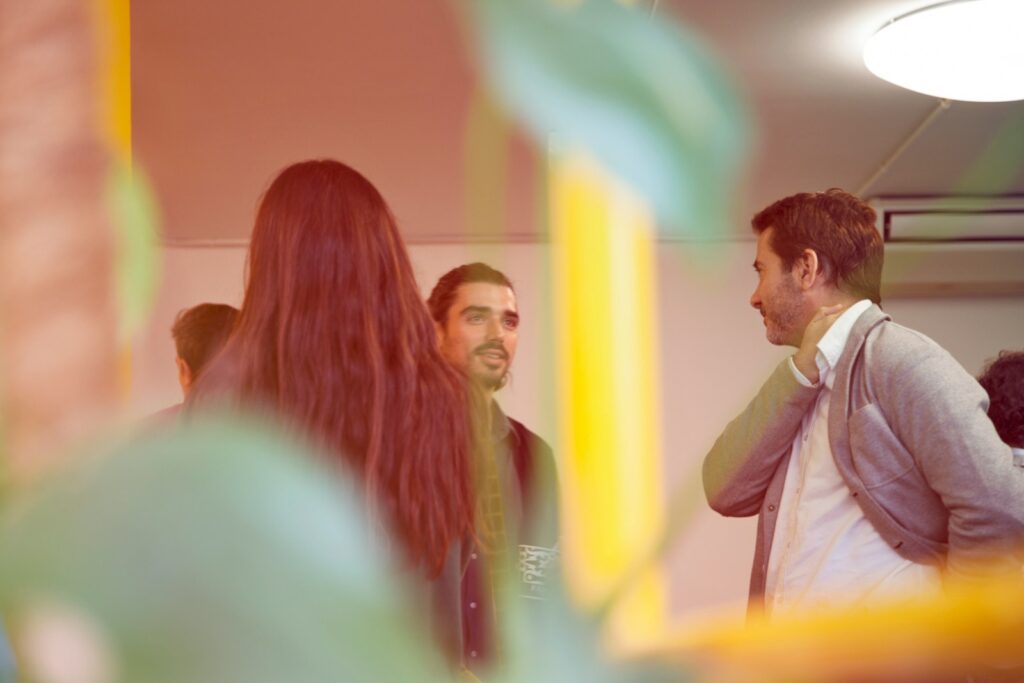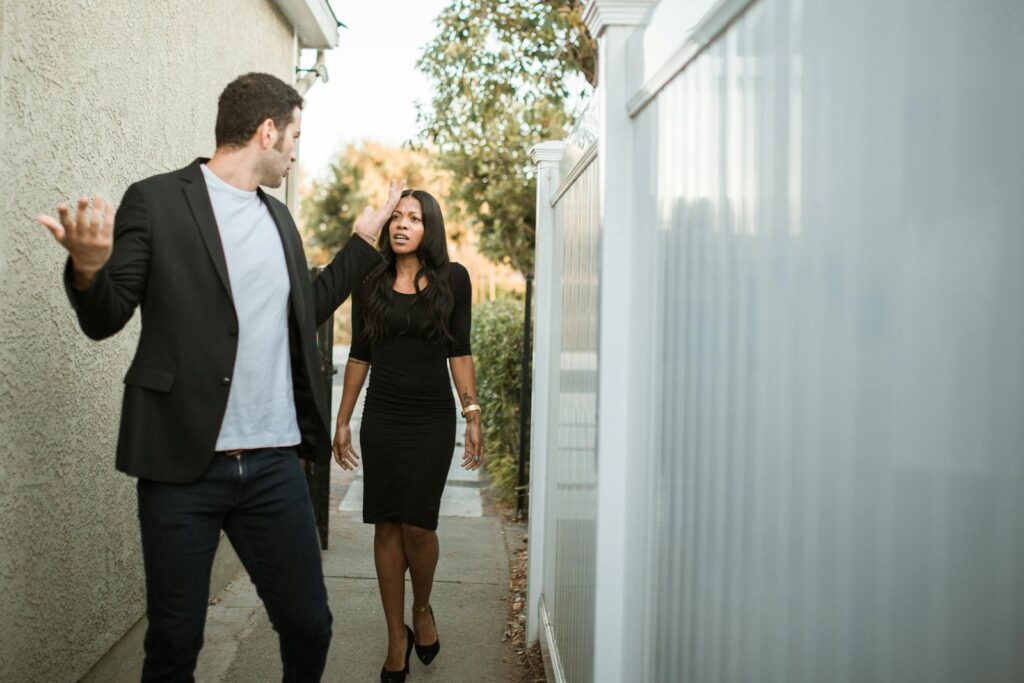
Friendship should bring trust, care, and steady support, but sometimes it turns out to be more appearance than reality. Some people enjoy the benefits of closeness without offering the same in return. Others act like friends when it suits them, then vanish when it doesn’t. Here are 15 red flags that can help you recognize when a friendship isn’t as genuine as it appears.
They Only Speak, Never Show Up

Plenty of people call themselves friends but fail to prove it when it matters. They might talk about how much they care or claim they’ll always be there, yet they disappear the moment you need help. Real friendship is built on follow-through. When someone constantly makes excuses or leaves you to face challenges alone, their actions show the truth behind their words.
They Fade During Tough Moments

Fake friends love to celebrate birthdays and parties, but the moment real life gets very hard, they run away. They don’t want to deal with sadness, conflict, or responsibility so they vanish until things feel lighter again. A good companion accepts both joy and struggle as part of the bond. If someone only sticks around when life is fun, their loyalty is shallow.
They Share Your Secrets With Others

Trust makes friendship very strong, but when someone repeats private things you’ve shared, it breaks that foundation. Fake friends may disguise gossip as harmless chatter, yet the effect is the same: betrayal. A true partner treats your words with care and respect. If someone casually reveals all your struggles or embarrasses you with your own stories, their friendship cannot be trusted.
They Turn Everything Into a Competition

Instead of clapping for your success, a fake friend will always compete or compare. They might try to one-up your stories and share their own achievements, or minimize what you’ve worked hard to reach. Friendship isn’t about rivalry; it’s about shared joy and encouragement. When someone constantly makes your wins feel small to protect their ego, you’re dealing with insecurity rather than genuine support.
They Call Only When They Need Something

Some friendships feel less like a connection and much more like a service desk. A fake companion appears only when they want something from you—money, advice, or even just a little attention. Once they get what they want, they disappear until the next time. A real mate asks about your life with no agenda attached. If every single conversation feels like a transaction, you’re being used.
They Brush Off Your Feelings

When you open up about something very personal, a fake friend will laugh, shrug, or make you feel like you’re overreacting. Rather than listening to what you’re saying, they minimize your experiences so they don’t have to deal with them. True friendship takes emotions very seriously, even when it doesn’t fully understand them. If someone consistently makes you feel small or dramatic, they aren’t offering the empathy real friends give.
They Don’t Value Your Time

Plans don’t always work out, but if someone regularly cancels, shows up late, or leaves you waiting without apology, they’re telling you how much—or how little—they value you. Fake friends treat your time as disposable, while true friends respect your schedule and effort. If reliability is always missing, it’s a sign the friendship isn’t as important to them as they claim it is.
They Keep You Around for What You Provide

Sometimes people maintain friendships because of what they gain from them rather than genuine connection. They might appreciate your connections, resources, or social status, but not you as a person. When the benefit fades, so does their attention. A real friend values you regardless of what you can offer. If someone’s interest disappears the moment you stop being useful, their friendship was never authentic.
They Show No Interest in Your World

Friendship thrives when both people care about each other’s lives, but fake friends rarely ask questions or remember important details. They may listen briefly before turning the conversation back to themselves. You start to see they don’t really know you at all. A true friend invests in your world. When curiosity and care are missing, it’s clear their interest doesn’t run deep.
They Can’t Handle Honest Feedback

Honesty is the ground of any relationship. Fake friends refuse to hear anything negative about themselves. Confront them about hurtful behavior, and they quickly become very defensive or end the conversation. Real friends may not enjoy criticism, but they take it to heart and try to improve. If someone can’t handle accountability, the friendship is built on very fragile ground.
They Undermine Your Growth

When you work toward something new, a fake friend might roll their eyes, make sarcastic remarks, or discourage you from moving forward. Instead of cheering you on, they act as if your growth is an inconvenience or threat. If someone consistently discourages progress, they’re more interested in holding you back than building you up.
They Leave You Out on Purpose

It’s pretty natural not to be included in every plan, but repeated exclusion is different. Fake friends may avoid inviting you, hide gatherings, or keep you at arm’s length when it suits them. These actions make you feel like an afterthought. A real friend wants your presence and makes space for you. If someone deliberately cuts you out again and again, their bond with you is only partial.
They Change Depending on Who’s Around

Watch how a friend acts in different settings. A fake one might laugh with you in private but barely acknowledge you in a group. They adjust their behavior depending on who’s watching, which shows they care more about appearances than loyalty. A good friend treats you the same, no matter who the audience is. If their kindness vanishes in thin air in front of others, their connection with you isn’t genuine at all.
They Rarely Apologize

Everyone makes mistakes, but fake friends struggle to admit theirs. They excuse their actions, blame someone else, or brush it off as unimportant. This leaves problems unresolved and trust damaged. Real friends value the relationship enough to say, “I was wrong” and mean it. Without honesty and accountability, friendship stays shallow. If apologies never come, their pride matters more than the bond.
They Leave When the Spotlight Isn’t on Them

Some people enjoy friendships only when they’re the center of attention. When the focus shifts, they grow distant or disappear. Real friends celebrate all your moments and share the spotlight without any kind of hesitation. If their presence depends on attention, the relationship is more about their ego than a lasting connection.

